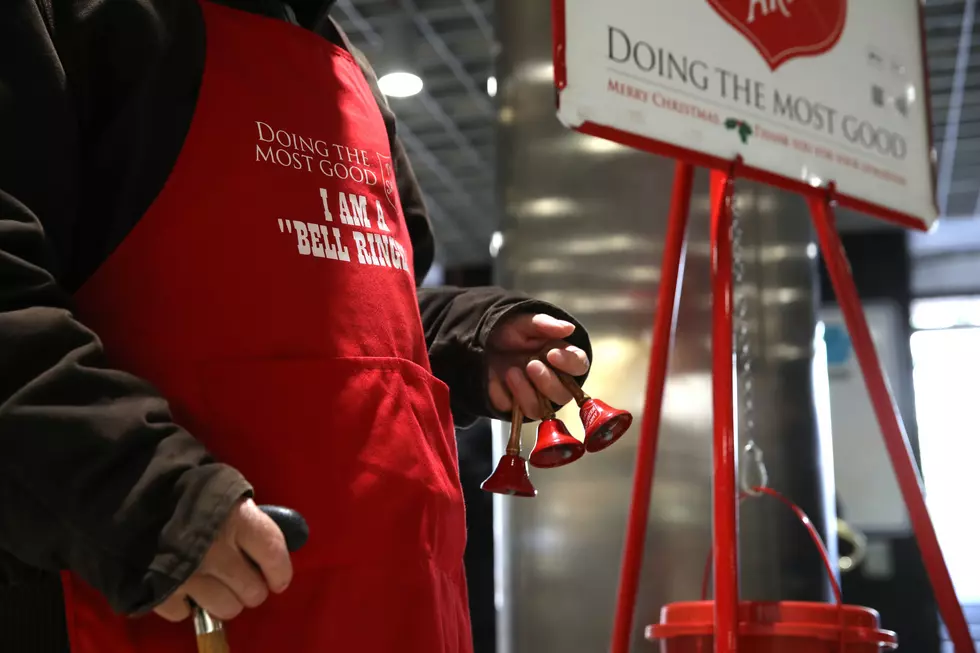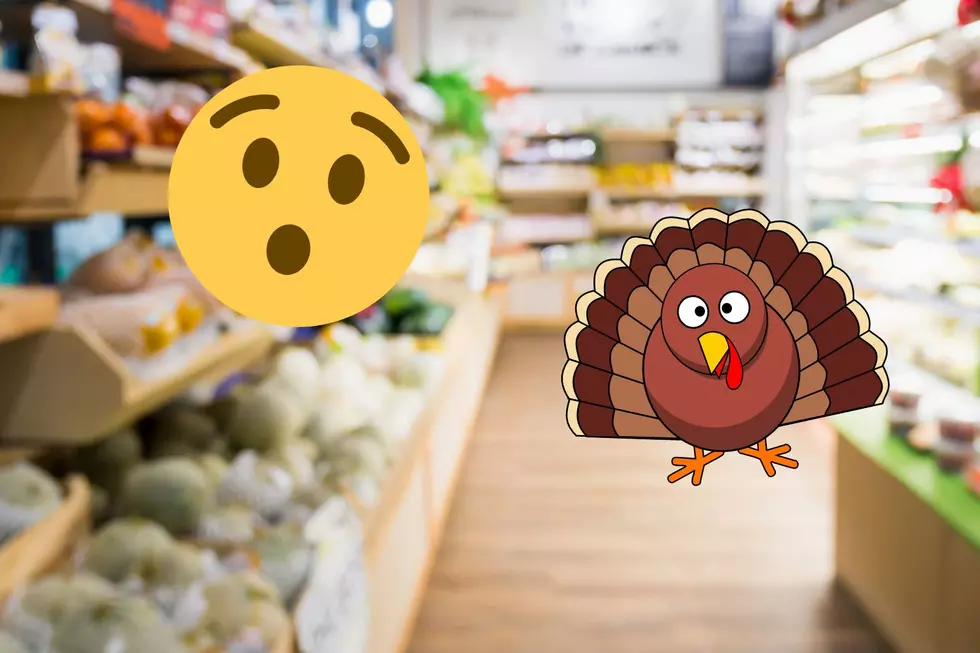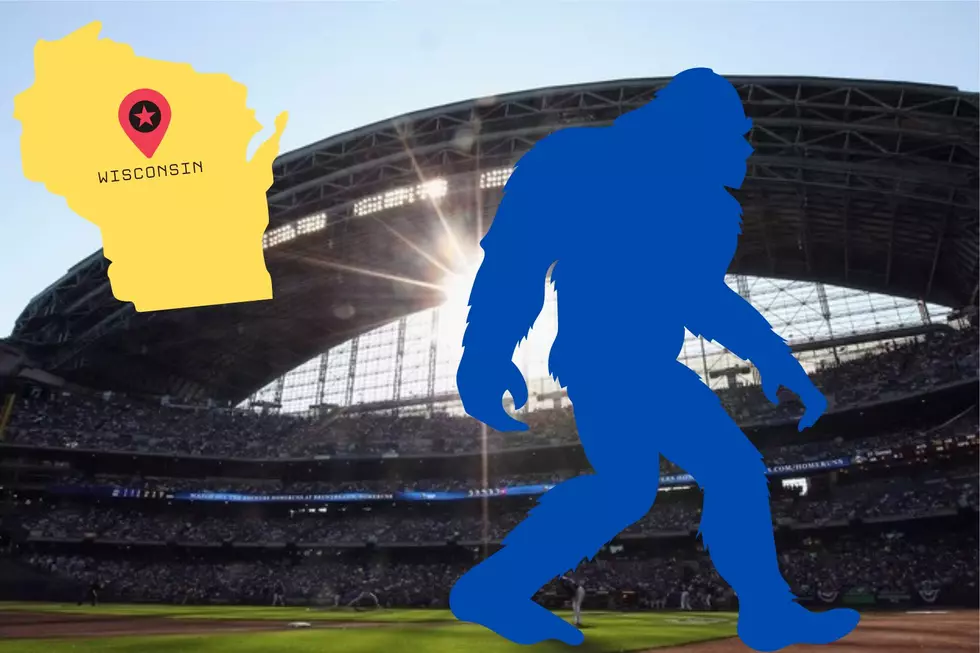
Hy-Vee Issues Consumer Advisory On Yellow Onions
A recent recall on onions has made Hy-Vee issue a Consumer Advisory for those who may still have onions in their kitchens. The supplier of the onions to Hy-Vee recently made the grocery chain aware of the recall and wants people who purchased these onions to throw them away.

On Friday, Hy-Vee announced in a press release that there is a consumer advisory regarding the onion recall that is occurring nationwide. Hy-Vee was recently notified by its supplier Capitol City Fruit that in August the grocer had received a shipment of onions that are part of the recall.
Hy-Vee officials say the potentially impacted onions would have been sold at Hy-Vee stores between August 13 and September. 1. The only affected products sold at Hy-Vee stores were three-pound bags of yellow onions, available for purchase from August 13 to September 1.
There is a nationwide outbreak of Salmonella due to fresh whole red, white, and yellow onions imported from the State of Chihuahua, Mexico, according to the Center for Disease Control and Prevention (CDC). 37 states have seen Salmonella outbreaks including Iowa and Illinois. As of October 22, 2021, Iowa has reported 3 sick people, and Illinois has reported 37.
Hy-Vee officials say the affected onions are no longer available at any Hy-Vee stores, but consumers may have products in storage or freezers, or in canned or frozen goods produced with the affected onions. Out of an abundance of caution, Hy-Vee advises consumers to discard any affected product or return the product to their local Hy-Vee store for a full refund.
Additional information on the recall is available on the Food & Drug Administration’s page.
Consumers with questions may contact Hy-Vee Customer Care representatives 24 hours a day, seven days a week at 1-800-772-4098.
Iowa's Island City
Answers to 25 common COVID-19 vaccine questions
More From ESPN 104.1 FM and 1170AM





